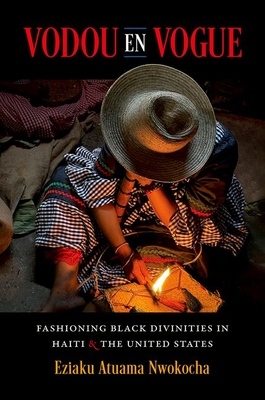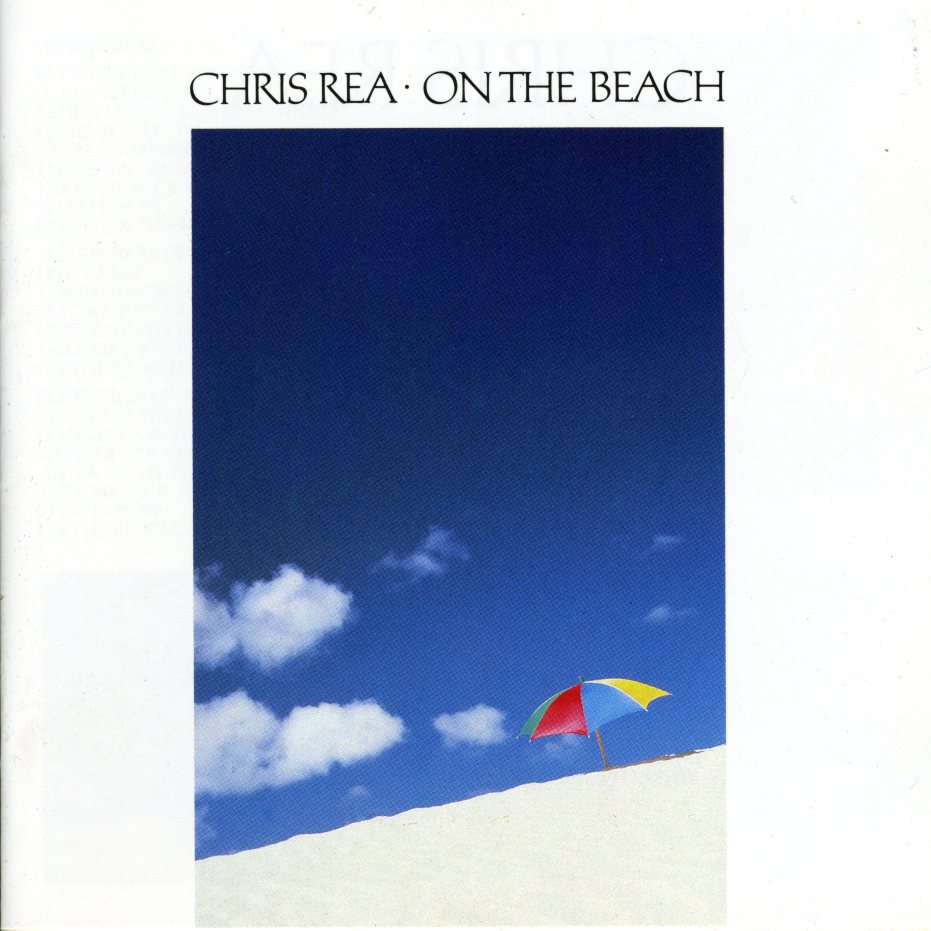
Nwokocha, Eziaku Atuama
product information
description
ck practitioners' everyday lives, tightly connecting the sacred and the secular. As Eziaku Atuama Nwokocha reveals in this richly textured book, that connection is manifest in the dynamic relationship between public religious ceremonies, material aesthetics, bodily adornment, and spirit possession. Nwokocha spent more than a decade observing Vodou ceremonies from Montreal and New York to Miami and Port-au-Prince. She engaged particularly with a Haitian practitioner and former fashion designer, Manbo Maude, who presided over Vodou temples in Mattapan, Massachusetts, and Jacmel, Haiti. With vivid description and nuanced analysis, Nwokocha shows how Manbo Maude's use of dress and her production of ritual garments are key to serving Black gods and illuminate a larger transnational economy of fashion and spiritual exchange.
This innovative book centers on fashion and other forms of self-presentation, yet it draws together many strands of thought and practice, showing how religion is a multisensorial experience of engagement with what the gods want and demand from worshippers. Nwokocha's ethnographic work will challenge and enrich readers' understandings not only of Vodou and its place in Black religious experience but also of religion's entanglements with gender and sexuality, race, and the material and spiritual realms.
This innovative book centers on fashion and other forms of self-presentation, yet it draws together many strands of thought and practice, showing how religion is a multisensorial experience of engagement with what the gods want and demand from worshippers. Nwokocha's ethnographic work will challenge and enrich readers' understandings not only of Vodou and its place in Black religious experience but also of religion's entanglements with gender and sexuality, race, and the material and spiritual realms.
member goods
No member items were found under this heading.
Return Policy
All sales are final
Shipping
No special shipping considerations available.
Shipping fees determined at checkout.







